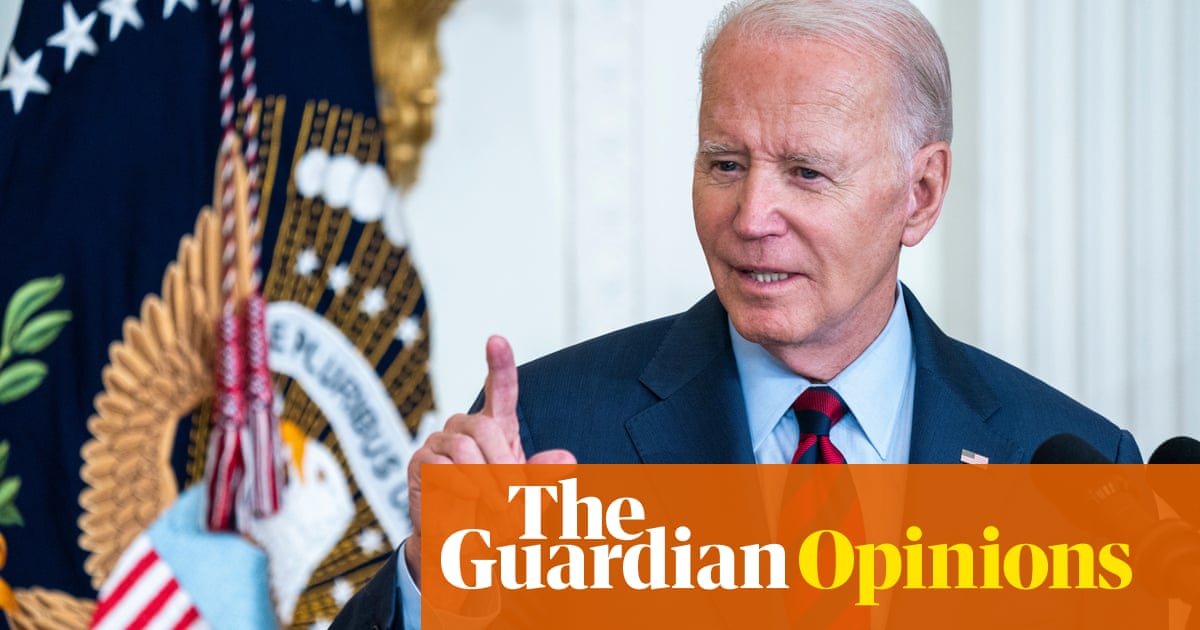
LONDON (Reuters Breakingviews) - Joe Biden’s approach to fiscal policy is go big or go home. Not everyone agrees. Former Treasury Secretary Larry Summers is one who fears that the U.S. president’s $1.9 trillion stimulus plan may be a bit too much of a good thing. Pinning down the right amount is hard in the heat of the battle against the pandemic. But there’s a case for better targeting spending now and going all out on infrastructure investment next.
Summers agrees stimulus is needed. But he frets the scale of the proposed package could lead to overheating by creating more demand than the economy can naturally meet. He has backing from Olivier Blanchard, a former International Monetary Fund chief economist who thinks that in one scenario, the extra demand might be quadruple the amount of slack left in the economy.
Treasury Secretary Janet Yellen on Sunday batted away these concerns. She has some grounds for confidence. Inflation and wage rises stayed under control even when the unemployment rate fell to 3.5% before the pandemic so something structural may have changed. With rates already close to zero, Federal Reserve boss Jerome Powell will find it easier to use monetary policy to cool an overheated economy later than stimulate growth today.
Throw enough money at the economy and price pressures may indeed reappear. After all, Biden also plans massive infrastructure spending and wants to hike the federal minimum wage to $15 per hour. Powell is willing to allow inflation to overshoot its old 2% target, but rate hikes will become inevitable if inflation accelerates too fast. That may be more destabilising for financial markets and the economy than it was a couple of decades ago given how much more debt the state and private sector has taken on since then.
Much depends on where the money goes. Take infrastructure, for example. Public investment in things like roads and electricity grids takes time to kick in, but can raise the potential rate of growth, so that the economy can grow at a quicker pace without generating as much inflation. Cash paid to households, on the other hand, can promote overheating if not carefully aimed at those in need.
Better targeting emergency fiscal stimulus now and focusing on ramping up useful public investment would allow Biden and Yellen to run fewer inflation risks without compromising on their ambition to lift growth and reduce inequality. Summers’ warning is reasonable and flags a trap Biden should want to avoid.










